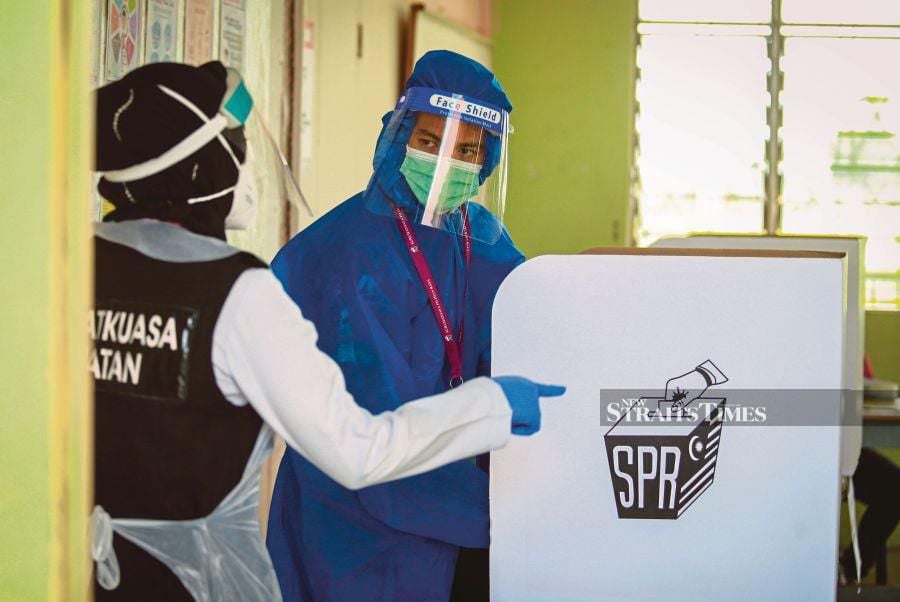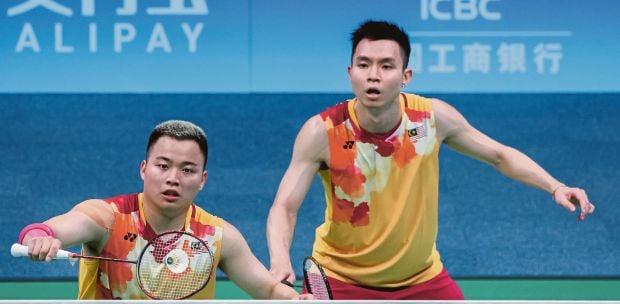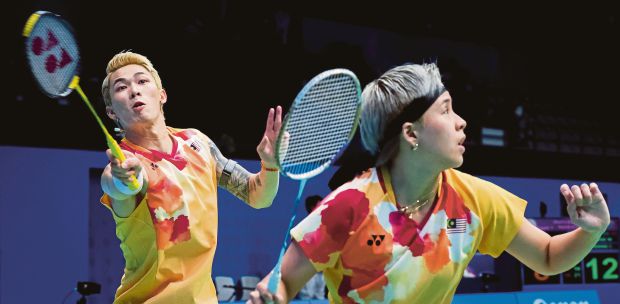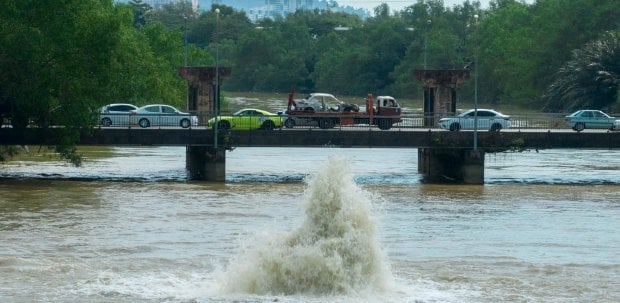As seen on social media, various comments and voices of the community complained about the last general election (GE-14) due to the polling day falling on Wednesday and making it difficult to go on holiday and return to the village. It affected many parties, including students.
The public still remember how the vigorous #PulangMengundi campaign was done, and it has demanded more sacrifices from students who have no fixed source of income, including financial challenges to use as fares and two-way travel costs.
Apart from this, road congestion, slow traffic flow as well as road accidents that claim lives are also a horrible reminder for the history of our country. There were also some fatal accidents involving the voters which we will never forget.
It is the time for the government to set the electoral roll based on the residence. A citizen who is eligible to vote should only be allowed to vote in their current area of residence and not at a village address or other temporary locality.
Cross-state activities to vote are seen not to carry the real voice of voters who are resident or settled in one constituency. The area where a person lives, and works should be their voting area.
The act of electing representatives or assemblymen whom they do not know, rarely interact with, or do not know the performance of the assemblymen or members of parliament of a constituency is a matter that is against moral values.
How can out-of-constituency voters who only return once or twice a year but still choose to vote in the constituency be able to consistently push for the changes the local community needs?
Living in a different place will make the needs and wants of one area different from what voters who only return home occasionally might think, and this is a situation that should no longer happen in this country. Let the people who live in one of those areas choose the leader of their locality.
The action of returning en masse to vote and returning after the voting is over, if the voting results are based of nomads returning to vote, then the impact of this voting will only be faced by locals who may have different aspirations.
Taking the example of voter registration travel management in Britain, every year the voter register will be updated where citizens will update the voter register according to the latest address of their residence which is coordinated by the Electoral Registration Offices (EROs) that manages voter registration.
They will contact the voters through a form that is posted manually or can be updated online or there is an officer on duty who will come knocking on the door for this matter. In fact, British citizens can register for two different addresses in certain cases such as for example students studying at a university in another state while their permanent address is elsewhere.
However, only one vote can be cast. British citizens who do not register can be heavily fined if they do not register to vote without good reason (e.g. prolonged illness, being in hospital etc.). The penalty is for not registering as a voter and not for not voting. Those at the age of 16 can register as voters even though they can only vote after reaching the age of 18.
Recently, the Melaka State Assembly (DUN) was dissolved and awaits the decision of the Election Commission on the next process which is expected to pave the way for the implementation of the State Election (PRN).
Political analysts described the concern over the Covid-19 pandemic threat which has not subsided with the state of Melaka still in the recovery of the economic sector after moving to Phase 4. Among the concerns mentioned is the unusual influx of parties from outside Melaka for campaign sessions and cross-sectional activities.
It is hoped that the Melaka state election will learn from the previous Sabah state election which has led to a sharp increase in Covid-19 cases even though previously the cases had been reduced.
To prevent the same threat from recurring, the Melaka state election should take place without controlling the involvement of outsiders and campaigns and this requires a specific SOP.
It is impossible to avoid the presence of the big leaders of the contesting political parties and their machinery, but it can be well controlled and supervised. Online creative campaigns, use of social media, radio, and television channels etc. can also be put to good use.
Voting systems and channels with clear SOPs will give confidence to the people to attend to carry out their responsibilities. This is important so that no campaign boycotts the election due to personal safety concerns.
In fact, all eyes will be focused on the implementation of the Melaka state election as it is the yardstick for the implementation of the election from the announcement of important dates, nomination of candidates, campaign, voting process, counting of votes and announcement of results by the EC.
This whole process at this point will be a testing ground or be an example to the preparation and implementation of the next GE-15 as Covid-19 will continue to be endemic which will always require efforts in addressing it.
* The writer is Senior lecturer, Faculty of Manufacturing Engineering, Universiti Teknikal Malaysia Melaka





